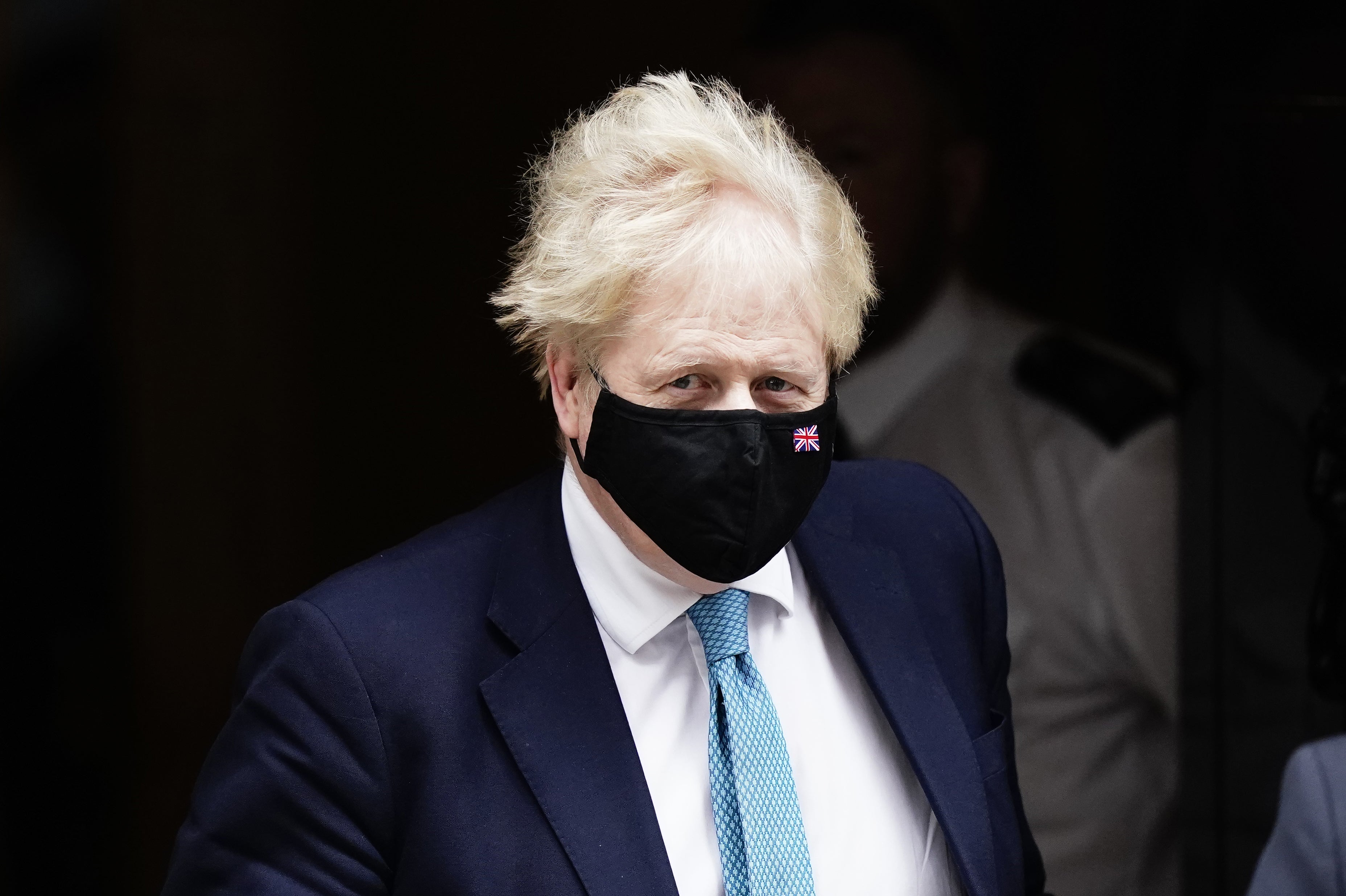Political turmoil will eventually harm business and the economy
Markets may seem relatively unbothered now, but continued instability will be a different matter, says Phil Thornton


Despite the intense focus on allegations about parties held at No 10, a police investigation, as well as splits across all echelons of the Conservative Party over whether and when Boris Johnson should resign, and anger among the public – the economy has not responded.
According to analysis by Capital Economics, this is not a surprise. Using GDP figures and surveys carried out by the Confederation of British Industry (CBI), it found that growth maintained a stable albeit anaemic path in the wake of the 2010 hung parliament and the Brexit crisis.
Obviously economic data runs with a time lag, but the most recent purchasing managers’ surveys for December showed manufacturer output, new orders and employment all rising. However, it is important to note that the effect of the Omicron variant may not have been reflected in the figures.
Since the stories first started to break at the end of November 2021, the FTSE-100 stock market index has risen by more than 7 per cent in less than two months. Looking further back the London market powered upwards during the “back to basics” campaign and EU crisis during John Major’s premiership in the 1990s.
It is the behaviour of central banks, not political instability, that will take centre stage as was the case in the 1990s when traders liked both interest rate cuts ordered by then-chancellor Ken Clarke in the run-up to the election – and also the decision by his successor Gordon Brown to make the Bank of England independent.
Whatever the outcome of the current debacle, a new leader – or Johnson staying on – will undoubtedly feel more empowered to deal with the economic challenges coming down the track.
So, what awaits the economic in-tray for a new or new-old leader? Top of the pile will be the cost of living crisis. The higher energy price cap due to be introduced on 1 April will see household bills jump by more than 50 per cent, according to the Resolution Foundation. This would translate into a jump from £1,277 to around £2,000 a year that would leave 6.2 million English households – or perhaps double that in terms of voters – struggling to pay their bills.
The government with a new leader – or Johnson with essentially a new mandate from MPs if he survives in the job – will be under pressure to come up with partial solutions such as temporary measures to alleviate energy costs and windfall taxes, or more permanent relief through the tax and benefit system. This will add to inflation that could peak as high as 7 per cent this year, far outstripping likely annual growth in wages and salaries, compounding the misery for households and therefore for businesses who rely on their spending.
In response to that, the Bank of England may – rightly or wrongly – continue its programme of increasing interest rates, perhaps as many as four times this year to take the bank rate to 1.25 per cent. And while the bank is tightening monetary policy, the hikes in national insurance payments for both employees and employers – if they end up being kept by the chancellor, Rishi Sunak – will kick in taking an extra £130 out of their annual pay packet for someone earning £20,000 a year.
As Deutsche Bank’s economists have pointed out this synchronised tightening in fiscal and monetary policy should mark a “turning point from the super accommodative policy” of the last two years. Finally, the rebound in economic growth could be less robust than hoped with Deutsche pencilling in 3.5 per cent in 2022 rather than the 5 per cent expected by the bank and 6 per cent by the Office for Budget Responsibility.
While any leader will have to tackle these challenges, a calmer approach taken by a leader with Cabinet experience such as Sunak, foreign secretary Liz Truss, or the man in charge of the "levelling up" agenda, Michael Gove, would reassure UK markets and domestic business investment. As Holger Schmieding at Berenberg Bank puts it: “A Conservative successor would likely pursue roughly similar policies but in a much less erratic fashion.”
However, a new leader will be under pressure to return to more traditional Conservative policy-making by using lower spending to fund the tax cuts that the Tory backbenches want ahead of the election in 2023 or 2024 and deregulation to encourage more business investment. But, given the demands for relief from voters, this will be a tall order, especially following Johnson’s pattern of higher taxes and spending to bolster the support built with Red Wall voters in 2019. Cuts to government spending would also diminish the financial ammunition to deliver the levelling up agenda.
Most crucially, he or she will be under pressure to deliver a yet harder Brexit policy, even if red paper and other delays continue to lead to transport delays and shortages on the shelves. Indeed if Johnson stays in his post, Capital Economics says the medium-term political and economic ramifications could be bigger than if he steps down.
The continuing uncertainty and instability may force him to double down on his Brexit policies to maintain support among Tory voters, but that risks another period of increased tensions between London and Brussels. Potential tit-for-tat sanctions could finally see business confidence fall, hurting the UK economy and the pound.






Join our commenting forum
Join thought-provoking conversations, follow other Independent readers and see their replies
Comments